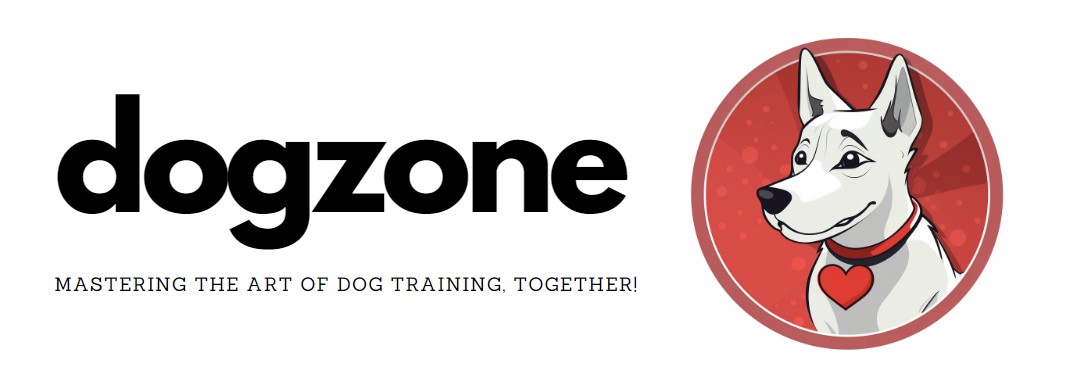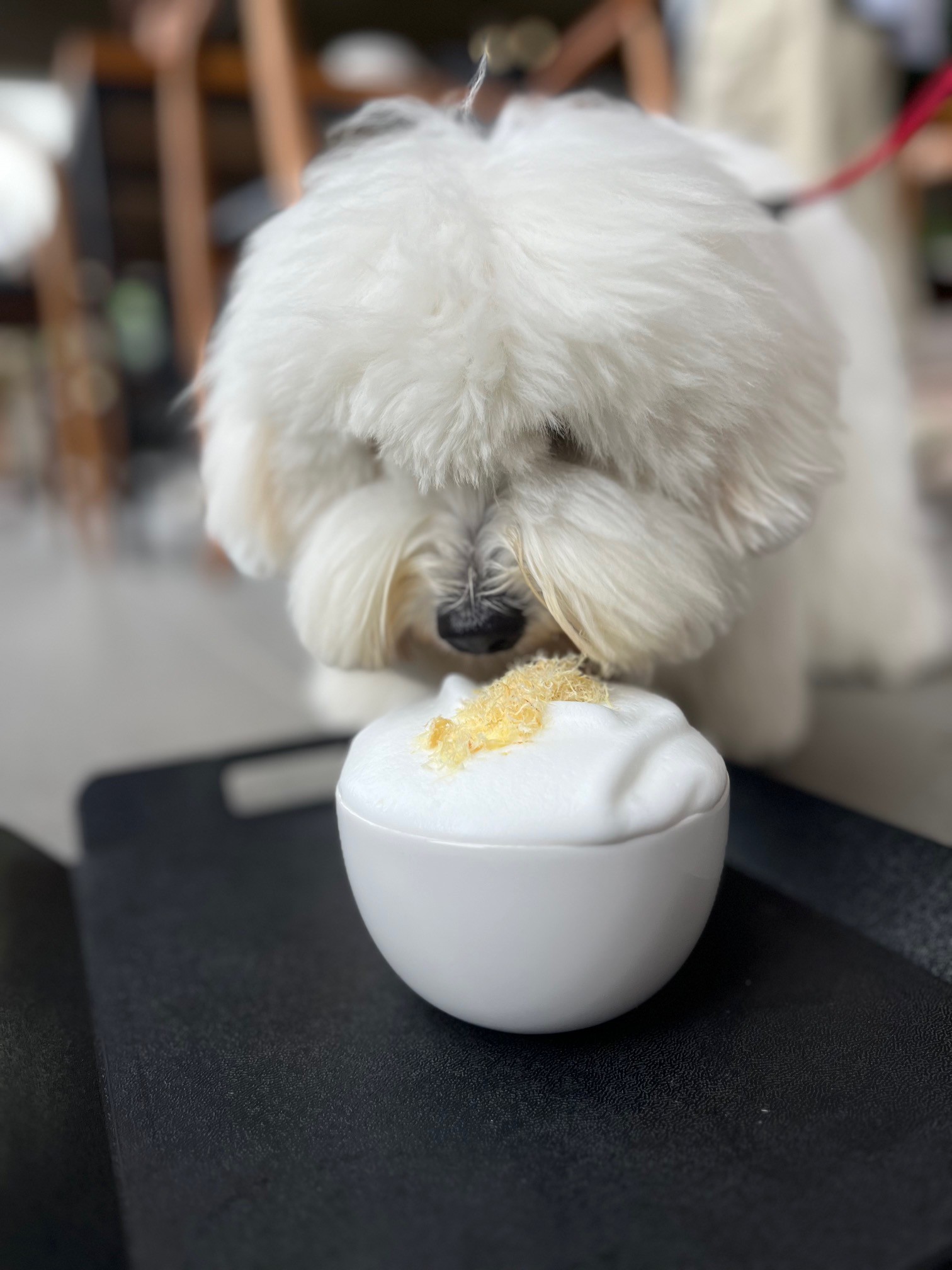Part of: New Puppy: A Complete Guide to Puppy Training!
If you’ve just gotten a puppy, be warned – you are likely to lose something of value in the not too distant future – because puppies love and need to chew.
Although we can’t prevent our puppies chewing on things, we can take some easy steps to make sure it’s not our prized possessions or furniture.
Why do dogs chew?
In most cases dogs chew because it is a perfectly normal way for them to explore, investigate and play with their environment.
Dogs don’t have hands. If something smells interesting, the next step is popping it in the mouth to check out the taste, texture and ‘rip-ability’. Young kids do much the same but while the ‘oral’ stage only lasts a short time in humans, it can go on for a lifetime in dogs.
Most owners appreciate a young puppy’s need to chew as their baby teeth drop out and are replaced by permanent teeth. However few realise this process which begins at around four months may take another five months to complete.
Even after this time the adult teeth need time and exercise to settle into the jaw. A more realistic expectation is that dogs can be expected to be enthusiastic chewers for at least the first eighteen months of life, and many will enjoy doing so to age three and beyond.
In actual fact, chewing is a natural way for your dog to keep their teeth clean and free from tartar. In the wild they would chew on raw meaty bones, which is also an option for you.
Prevention is better than Cure
It is far easier to prevent problem chewing than to try and train against such a normal and self-rewarding behaviour. We don’t really want to stop our dogs chewing, we simply want to re-direct the behaviour on to designated dog toys or raw meaty bones.
Here are a few preventative ideas to reduce unwanted chewing antics:
- Provide your dog with long-lasting interactive chew toys such as Kongs, hollow marrow bones, and sometimes strong woods (like coffee wood) sold at pet stores.
- Rotate the toys and fill with a variety of treats/foods. Kongs for example can be filled with beef stock and frozen to make engaging treats in the summer time.
Once a week or so, give your dog a meaty bone to rip and chew. The tearing and chewing of the raw meat is a good and slightly different jaw exercise to chewing on bone. - Praise your dog when he is choosing to play with his own toys.
- Don’t give your dog old shoes, socks or other items to play with that are hard to distinguish from his allocated toys.
- Confine your dog to an area where he is unable to access valuable items. Only allow your dog out of this area when you are able to provide constant supervision.
- Make the transition to full freedom of the house gradually. For example, don’t confine your puppy in his playpen one day and leave him the run of the whole house the next while you go to work. Rather, slowly increase the area your dog is allowed to occupy over weeks and months as he becomes more trustworthy.
- Make sure your dog is getting plenty of physical exercise, mental stimulation and social interactions on a regular basis. Boredom contributes to destructive chewing.
Why punishing your dog for chewing is a bad idea
Did you know dogs don’t feel guilt?
Most new puppy owners come home to find something chewed to pieces (in my case my brand new Ray Bans, work shoes, and skirting board). It’s a natural reaction for us to be angry and shout at our dogs, waving the item in their face growling “What have you done?”.
This doesn’t work.
Punishing your dog long after he has destroyed something is as silly as punishing your dog for barking hours after he has stopped. He won’t understand, and will likely link your scolding to what he has just done, such as greet you at the door.
Even though your dog may look guilty when you come home to destruction, he is reacting to your angry body language not knowledge of what he has done ‘wrong’ – (a human value judgment).
Punishing your dog so long after the event will only cause the dog to become fearful and may contribute to more serious stress-related destructive behaviours.
Punishing your dog post-fact for chewing something will lead to frustration on your part as your puppy fails to learn.


Leave a Reply